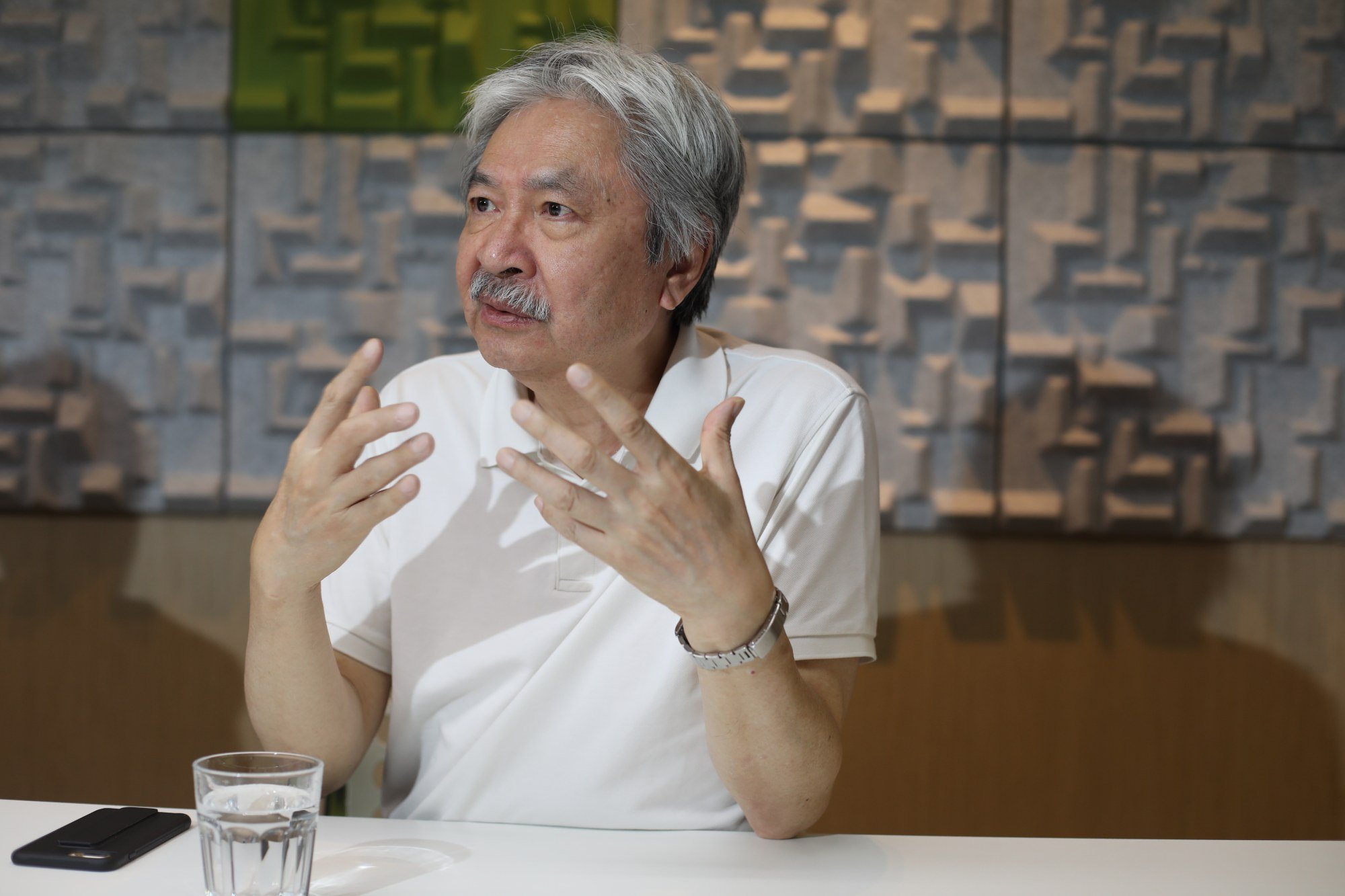
Hong Kong must look beyond bond issuances to cover government spending, ex-finance chief says, warns city is in ‘structural deficit era’
- Former financial secretary John Tsang says revenue-boosting measures from new budget ‘a drop in the bucket’ compared with tens of billions needed to balance books
- ‘It is impossible to imagine any measures [to boost revenue] that will not cause great pain, and none of them will be easy to implement,’ he warns
Hong Kong must find revenue sources other than bond issuances to cover government spending, a former finance chief has said, warning the city has entered an “era of structural fiscal deficits”.
Financial Secretary Paul Chan Mo-po said last Wednesday that the government planned to issue HK$120 billion (US$15.3 billion) in silver, green and infrastructure bonds for the 2024-25 financial year.
The figure was then expected to range from HK$95 billion to HK$135 billion annually for the subsequent four years.
The proposal aims to plug a shortfall in public finances, which are only expected to achieve a surplus in 2027-28.
The deficit will be HK$101.6 billion for this financial year, far higher than the previous estimate of HK$54 billion, amid a substantial reduction in land premiums and income from stamp duty.

“It is undeniable that Hong Kong has officially entered the era of structural fiscal deficits,” Tsang said. “It is impossible to imagine any measures [to boost revenue] that will not cause great pain, and none of them will be easy to implement.”
The former finance chief said some of the revenue-boosting measures from last week’s budget, including the implementation of a two-tiered standard tax rate and progressive rate on residential property, were only expected to generate about HK$2 billion – far below the tens of billions needed to balance the books.
He warned that bond issuances should only be reserved for large-scale infrastructure projects, which generate economic returns upon completion, rather than to cover the government’s operating costs.
“We can never use the borrowed money to cover daily expenses,” Tsang said. “If bonds are issued year after year … Hong Kong’s wallet will dry up in a short time.”
Hong Kong treasury chief champions HK$600 billion bond issuance plan
The ex-minister said some commentators had accused him of being a “miser” during his time in office, but he stressed the importance of fiscal prudence.
He added that amid the high-interest rate environment, government bonds may not be as attractive to buyers as they could secure higher rates of return by putting their money into banks.
Hong Kong would eventually need to pay for the debt’s interest, which could affect its credit ratings, as well as saddle future generations with higher taxes and fewer public services, he said.
The former minister said the government must reduce its spending, including both recurrent and non-recurrent expenditures such as infrastructure projects.
“Otherwise, there is no way out of the structural fiscal deficit,” Tsang said.
The Financial Secretary’s Office on Sunday said the government “strictly abides by fiscal discipline” and all funds raised through the bond issuances would be used to invest in infrastructure and public works projects, rather than covering recurrent expenditures.
Projects covered by the bonds would include the Northern Metropolis mega project, Hung Shui Kiu-Ha Tsuen New Development Area, transport infrastructure, as well as the development of sewage treatment plants, it added.
“These projects can bring in returns, and the economic and social benefits they bring, including enhancing Hong Kong’s competitiveness and improving people’s living environment, are vital to society as a whole,” the office said.
Economist Simon Lee Siu-Po, an honorary fellow at the Asia-Pacific Institute of Business at the Chinese University of Hong Kong, said he agreed with Tsang that Hong Kong had entered a period of “structural deficits”.
“It is a structural issue now as our revenue is too reliant on land premiums, rates, stamp duties on real estate transactions and stocks,” he said.
Wealthy and travellers targeted by Hong Kong’s new revenue-boosting measures
The economist suggested authorities introduce a goods and services tax, estimating that a 5 per cent levy could generate up to HK$30 billion in additional revenue, based on current retail, catering and service industry data.
“We need a diversified system which works both in good and bad times,” Lee said.
Gary Ng Cheuk-yan, a senior economist with Natixis Corporate and Investment Bank, said that taking on debt was a solution for funding infrastructure works, but such a move also depended on the project’s overall quality.
“Hong Kong will embark on a dangerous path if it relies on debt to fund recurrent expenditures,” he said.
Ng added that authorities should consider further raising taxes for the ultra-rich and reforming spending by public servants.
“It seems inevitable that Hong Kong has to find a more sustainable fiscal solution to balance revenue and expense,” he said.

